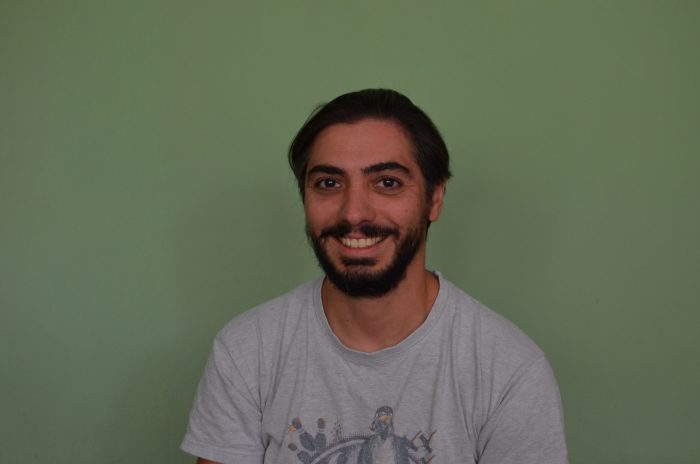Los MOOCs de UPV[X] están diseñados para ayudarte a aprender trabajando a tu ritmo de forma independiente y proporcionarte el apoyo de la comunidad de aprendizaje si te hace falta.
Para ello los MOOCs están estructurados en módulos que suelen corresponder a una semana de trabajo (aunque no siempre es así). Los módulos se estructuran en lecciones con un vídeo, que dura normalmente entre 3 y 10 minutos, y una pregunta de refuerzo al final para ayudarte a fijar su contenido. Las lecciones están orientadas a tratar un concepto (o un número reducido de ellos) de forma que sean lo más atómicas que sea posible.
Los cursos MOOC de UPV[X] pueden tener distintos esquemas de evaluación, pero lo habitual es que al terminar cada módulo haya un examen (normalmente tipo test) que te permitirá comprobar tu evolución y fijar los conocimientos, y que cuenta en cierto porcentaje para la evaluación final. Con ello tendrás una realimentación frecuente de tu progreso que te permitirá ir mejorar tu proceso de aprendizaje.
Al acabar el MOOC habrá a un examen final para evaluar si has alcanzado los objetivos de aprendizaje que contará en un porcentaje mayor para la evaluación final.
En los MOOC también hay un foro de debate moderado por el equipo del curso donde los alumnos pueden consultar sus dudas sobre el contenido del curso y comentar aquellas cosas que les parezcan interesantes. El acceso a una comunidad online de internautas con tus mismos intereses y que están aprendiendo a la vez enriquece la experiencia del curso.
Esperamos sinceramente que disfrutes de nuestros MOOCs y aprendas con nosotros

















